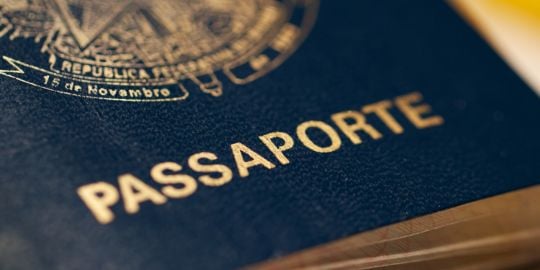I am married to a Brazilian citizen, we live in the USA. My understanding is that I can qualify to become a Brazilian citizen by:
1) "passing" the CELPE-Bras exam
2) living in Brazil for one year
My question is about living in Brazil for one year. How is this defined?
--A specified number of days physically in Brazil as shown by entry and exits as shown on my passport? If so, how many days required?
---Proof of residency address such as electricity, water ,other bills addressed to this address
--Other?
In my case I see if possible traveling up and back between the USA and Brazil with about 50% of the year spent in each country.
Thanks, Ross









